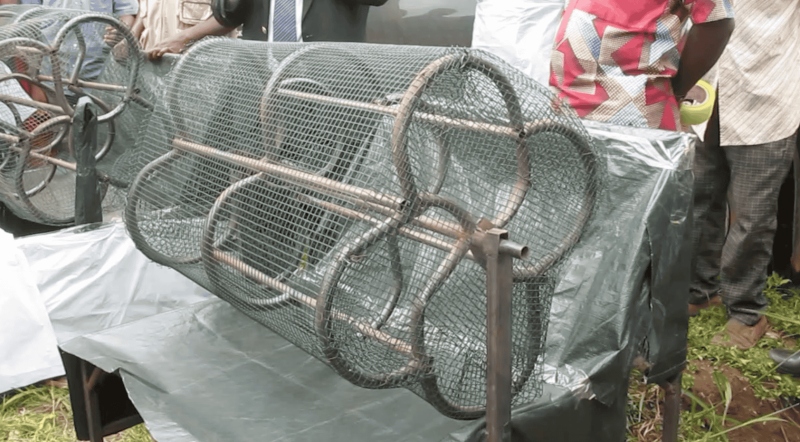Government Launches Initiative to Improve Waste Management and Create Jobs
The Ugandan government, through the Ministry of Kampala and the Parliamentary Committee on Environment and Climate Change, has introduced a new program aimed at enhancing waste management standards, stimulating job creation, and reducing plastic pollution across the country. This initiative was first rolled out in Mukono District and is expected to be implemented in various regions nationwide.
The move comes in response to the growing plastic waste crisis, which has caused severe environmental damage and even claimed lives in areas such as Kitenne. The Ministry of Environment and Climate Change is spearheading efforts to improve plastic waste management by increasing recycling rates and minimizing its harmful effects on communities and ecosystems.

A major focus of the program is job creation, particularly for the youth, through activities such as waste collection, recycling, and related enterprises. Additionally, the initiative seeks to transform plastic waste into useful products, thereby reducing its environmental footprint. Public awareness campaigns will also play a crucial role in educating communities on proper waste disposal and the benefits of recycling.
Kampala Minister Kyofatogabye highlighted the dangers posed by plastic waste to both public health and the environment, reaffirming the government’s commitment to sustainable solutions, including stricter regulations on plastic use. Elizabeth Namanda, a district official in Mukono, expressed support for the program, noting its potential to curb deforestation—often driven by the search for alternative fuel sources—and reduce the plastic waste overwhelming urban areas. She encouraged residents to actively participate in the initiative.
Hon. Geoffrey Fepa, Vice Chair of the Parliamentary Committee on Environment, emphasized the committee’s role in collaborating with the government to ensure the program’s nationwide success. Meanwhile, Dr. Frank Kiwanuka, an expert in plastic waste management, called for increased government support in terms of funding and technical training to expand recycling efforts effectively.
Despite the enthusiasm surrounding the program, some stakeholders, including waste collectors and local leaders, have raised concerns. These include the limited availability of plastic waste collection points, the need for better incentives and logistical support, and the demand for more advanced recycling technologies to manage the escalating waste problem.
This initiative represents a significant step forward in Uganda’s efforts to combat plastic pollution while fostering economic growth. If successfully expanded, it could serve as a sustainable waste management model for the entire country.












